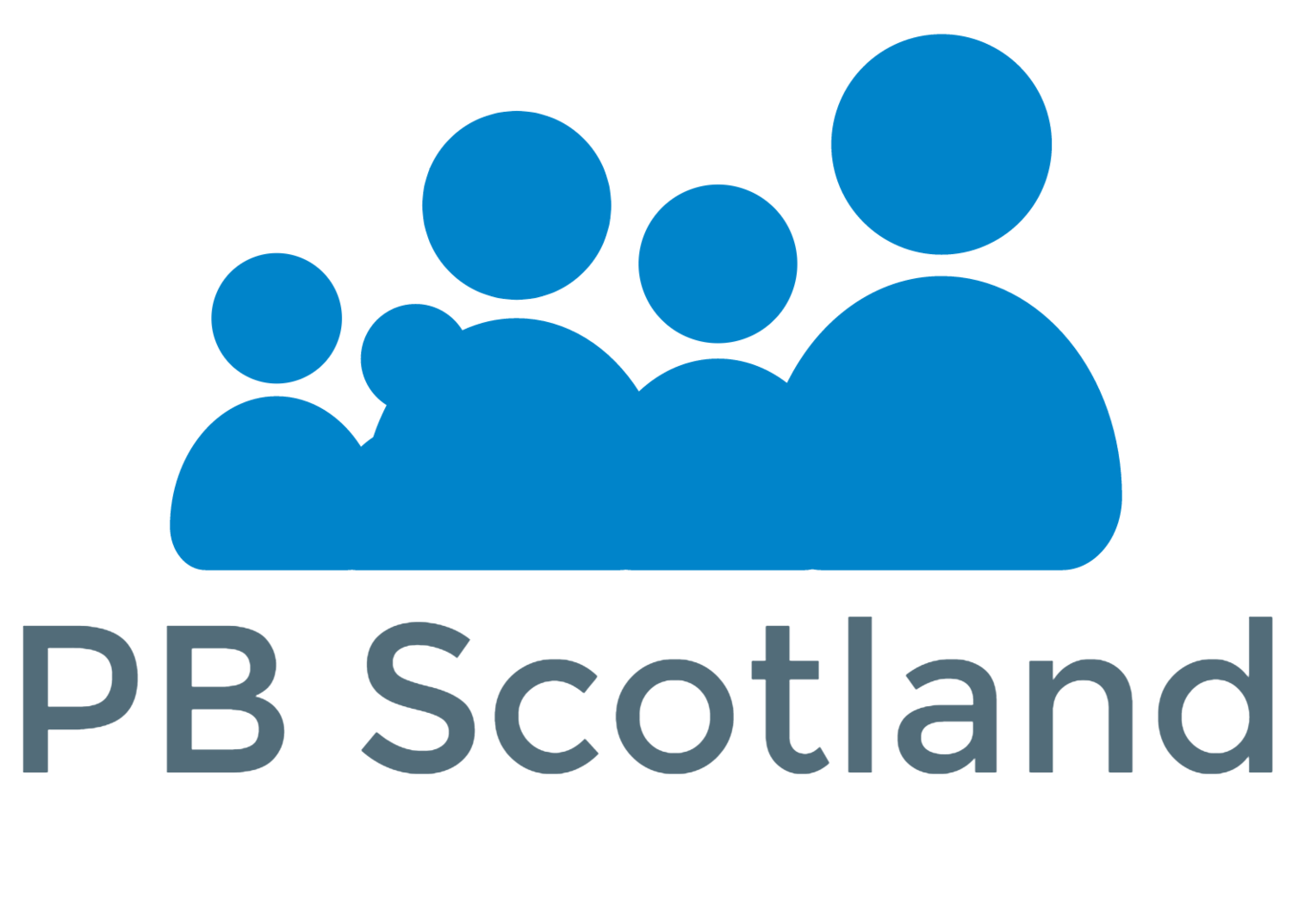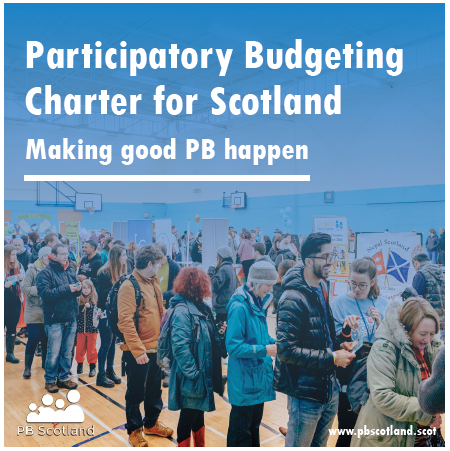5,4,3,2,1… for Ruchill & Possilpark’s participatory budgeting event
/Following their successful Spark in the Park community budgeting event in June this year, members of the Ruchill/Possilpark Spirit of 2012 Panel organised their second community budgeting event, which was held in PossilPoint Community Centre on 26th November 2016.
The event brought together over 150 members of the community to cast their vote on 7 local projects who were presenting their ideas for community activities.
Originating from the Spirit of 2012 Glasgow Commonwealth Games legacy programme Fourteen, the panel have continued to bring investment to local community groups through both the Spirit of 2012 programme and Scottish Government’s Community Choices Fund in 2016. The idea of this event was to distribute small grants to informal groups of local people and neighbours who want to run local projects for the benefit of other community members. The projects could apply for up to £500, and were invited to present their idea to members o f the community at an evening celebration where their votes would be cast.
For this event the community were invited to celebrate not only the range of community projects who applied, but also St Andrew’s day and so they enjoyed a steak pie meal, a bagpiper, a local musician and more at this fun family event which culminated in the projects receiving funding that would help them develop their ideas.
The title 5,4,3,2,1 came from the panel’s idea to distribute grants of £500, £400, £300, £200 and £100 to the groups so that no one went home empty handed. A series of fantastic 3 minute pitches were given by the groups, many of whom who had never presented before, but who did an excellent job telling their community how the grant would help them realise their aims.
The most votes on the evening went to Kinship North, a kinship carers group who told us about the impact of caring for a child in the family who has been affected by parental addiction, mental health issues or bereavement. Kinship North provides grandparents and other relatives who care for children the opportunity to meet, share their experiences and talk openly and honestly with others going through the same experience. Often Kinship carers can find it financially difficult to provide the essentials for looking after a child such as cots, clothing, school trips and toys, and rarely are able to treat the children to days out. The group applied for a small grant to help fund trips such as the Safari Park so that they can enjoy some time away together with their cared for children.
All of the other participating groups which were successful in the vote went home with a contribution to their activities including: a group of young ‘Superstars’ who treated the community to a display of dancing and poetry before sharing their stories about their afterschool club for children in the local community; A women’s group based in the local community centre who wanted to help change the perception of their local area by publishing a book of positive and funny stories from the community; a community choir who shared the impact of gaining the confidence to sing and the fun and support they have together as a choir; a mother and toddler group which has successfully run for over 20 years but that were faced with venue hire costs for the first time; and a beginners guitar group for local children which had recently started running on a voluntary basis who were looking to purchase some guitars, and who’s members treated the community to their first performance!
What was so successful about this event, was not only the level of preparation and organisation by the panel and the many local volunteers who helped on the night, but also the celebratory atmosphere that they created by bringing the community together to share a meal and enjoy some entertainment from local people.
At the event community members heard about a range of local projects in their area, and were given the opportunity to offer their support to worthwhile local causes which they otherwise may not have been aware of, and no doubt many of the groups presenting would have found themselves some new members in the process. Participatory budgeting not only provides the occasion for the community to come together and make choices about community budgets, but also helps communities experience a process where their voice is heard and their vote counted, which ultimately creates a sense of wellbeing and a celebration of community life.








